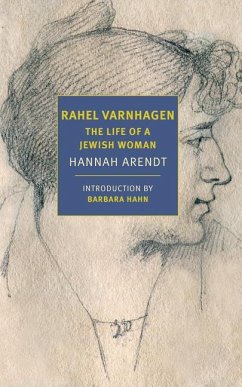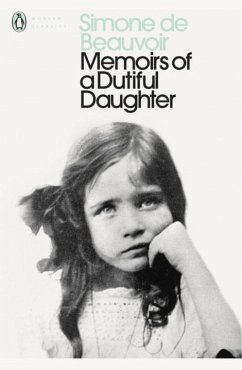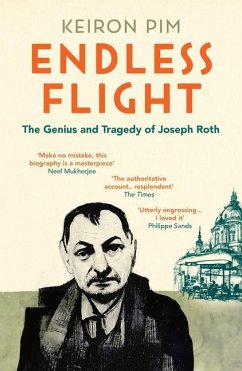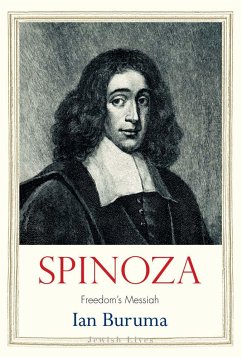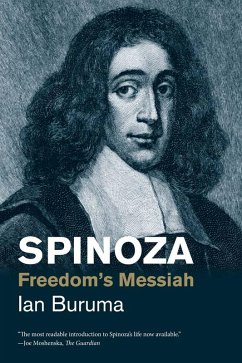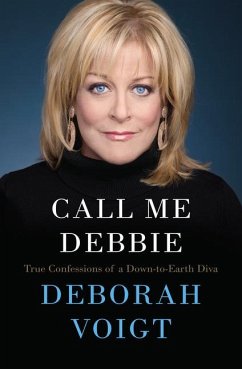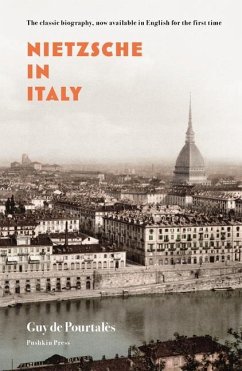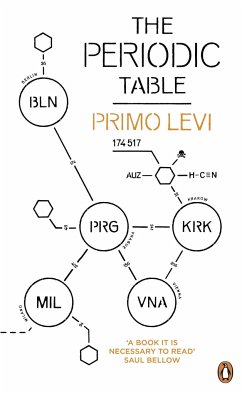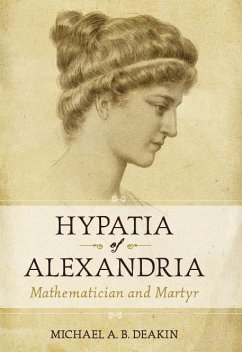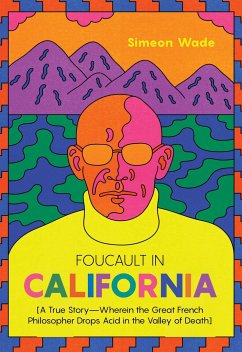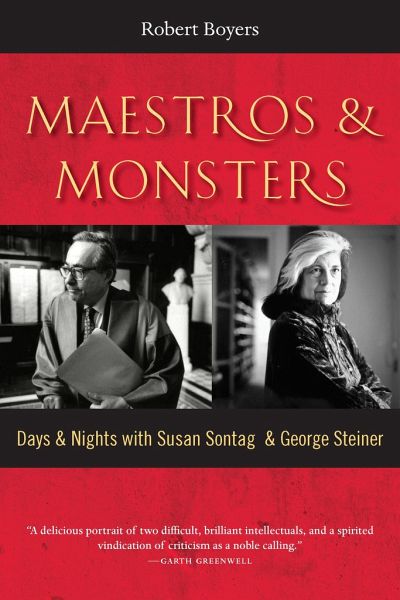
Maestros & Monsters
Days & Nights with Susan Sontag & George Steiner
Versandkostenfrei!
Versandfertig in über 4 Wochen
19,99 €
inkl. MwSt.

PAYBACK Punkte
10 °P sammeln!
This is a memoiristic book and a dual portrait, built around intense friendships with two leading public intellectuals who achieved celebrity status—Susan Sontag on a global scale, George Steiner principally in Europe, though also for a time in the US. For audiences at Woody Allen movies Sontag was the prime embodiment of the term “intellectual,” whose famous 1965 essay “Notes on Camp” won her an enormous following. For viewers of French, German and British television over decades Steiner was the primary interview show talking head, igniting controversy on many fronts, while also com...
This is a memoiristic book and a dual portrait, built around intense friendships with two leading public intellectuals who achieved celebrity status—Susan Sontag on a global scale, George Steiner principally in Europe, though also for a time in the US. For audiences at Woody Allen movies Sontag was the prime embodiment of the term “intellectual,” whose famous 1965 essay “Notes on Camp” won her an enormous following. For viewers of French, German and British television over decades Steiner was the primary interview show talking head, igniting controversy on many fronts, while also commanding a loyal audience for thirty years as a book critic at The New Yorker. To know Sontag and Steiner, as this memoir suggests, was often to feel overmatched and yet also bemused and awe-struck. Both of them gave off an air of omniscience and self-confidence, as if they had taken to heart the words of the Nobel laureate Elias Canetti, who wrote, “I cannot become modest; too many things burn in me.” Maestros & Monsters is the work of a well-known public intellectual who was close to Sontag and Steiner over a half century, and who managed to bring them together on several occasions—the only times they ever met. Those encounters are among the most bizarre episodes in this narrative, which also features extended encounters with such literary figures as Arthur Koestler, Edward Said, Phillip Rieff, James Wood and others.



